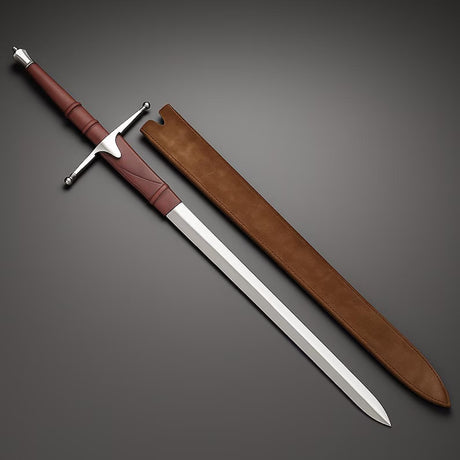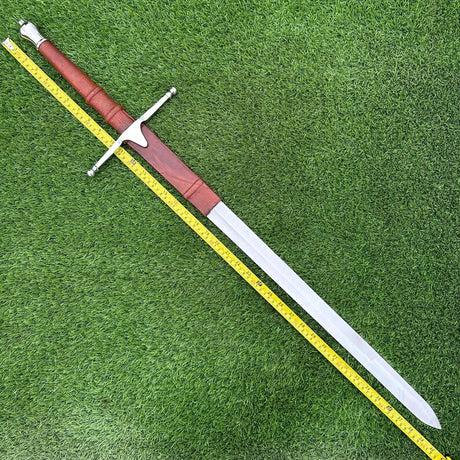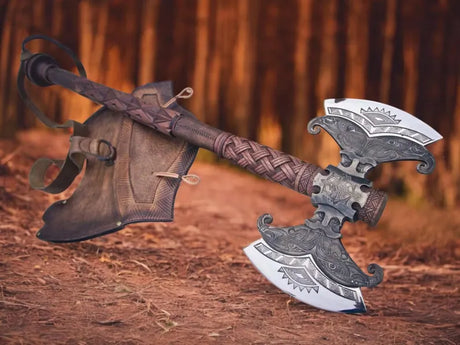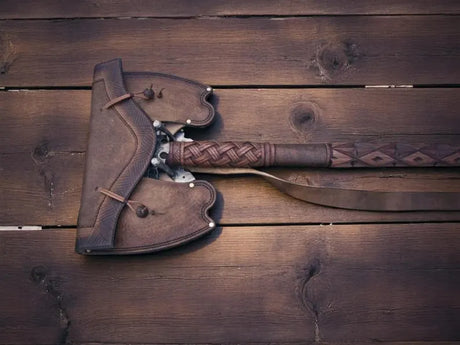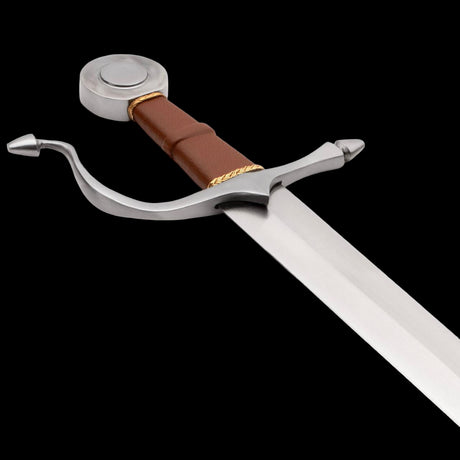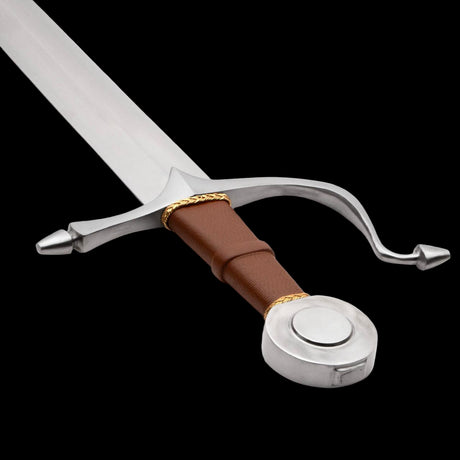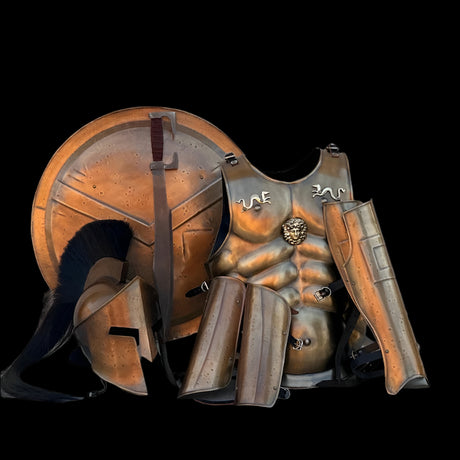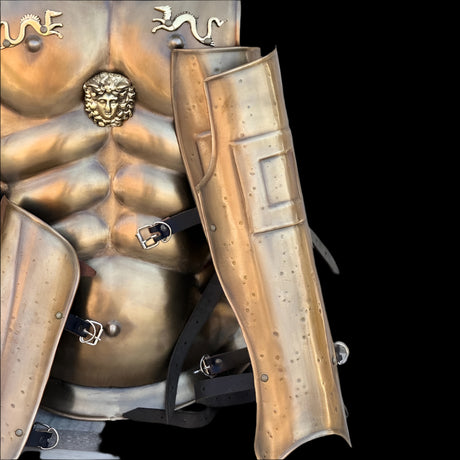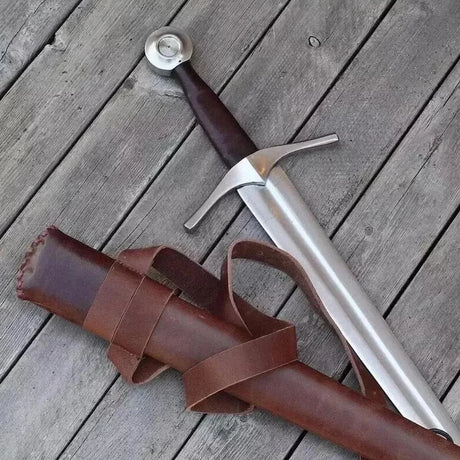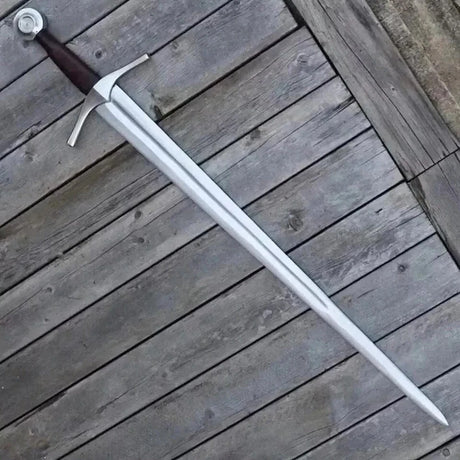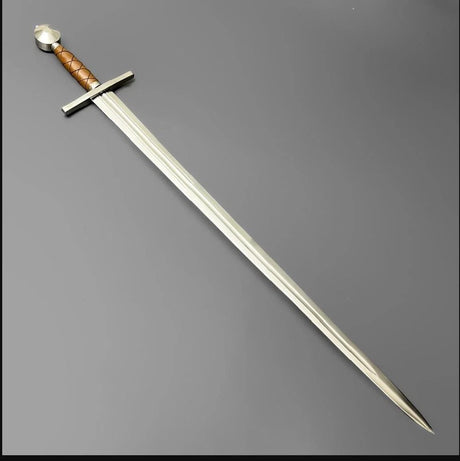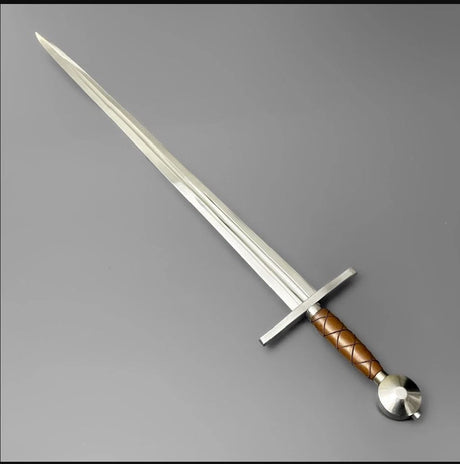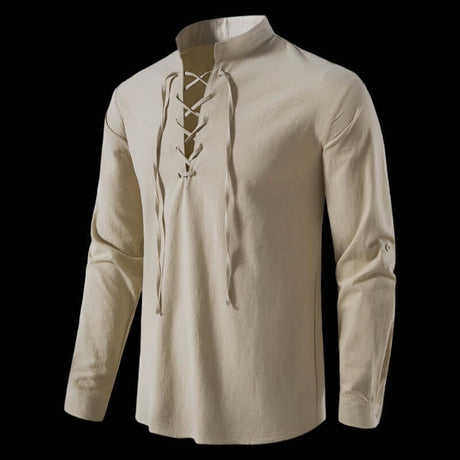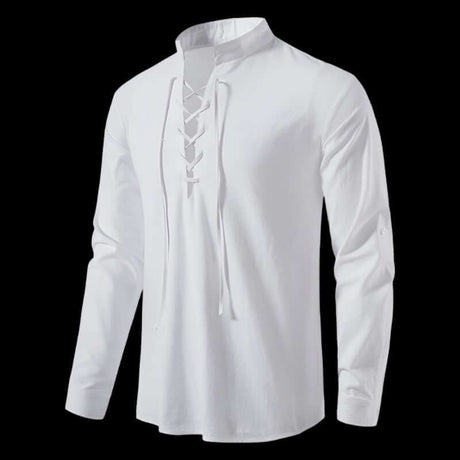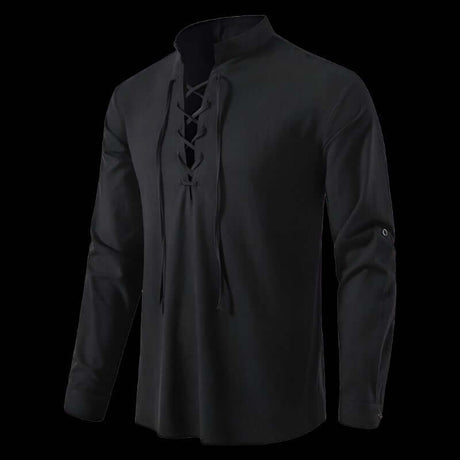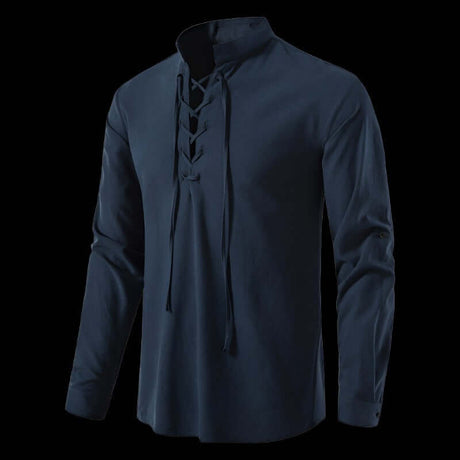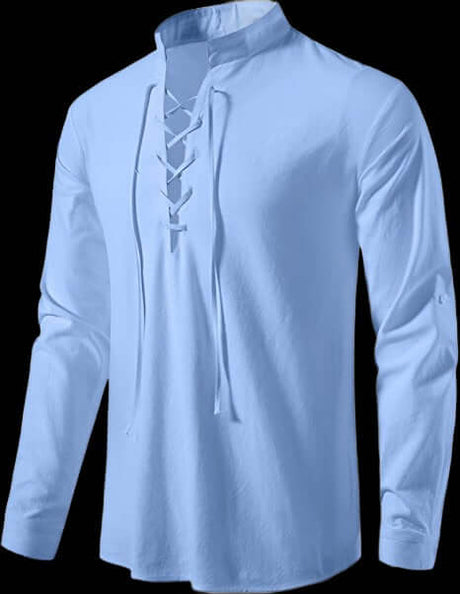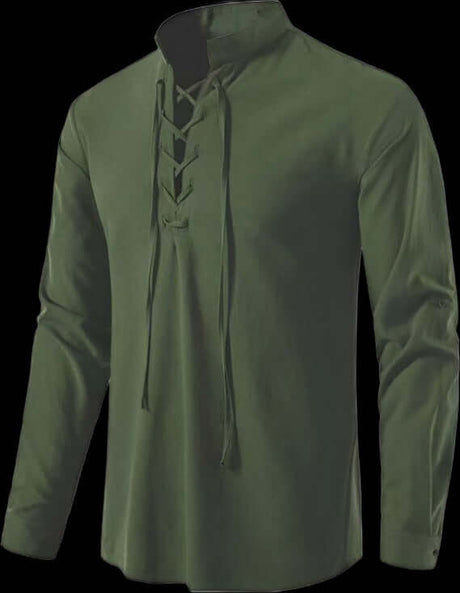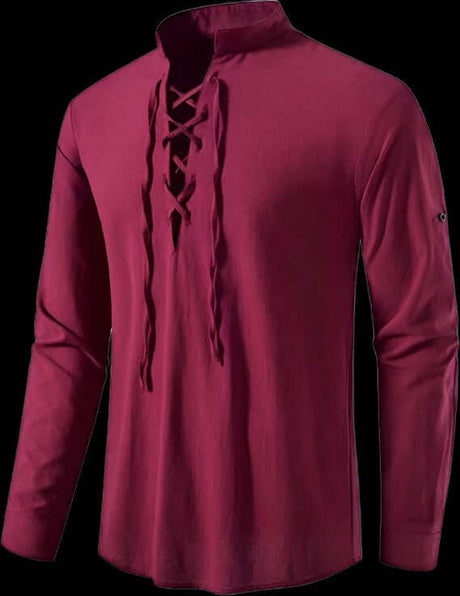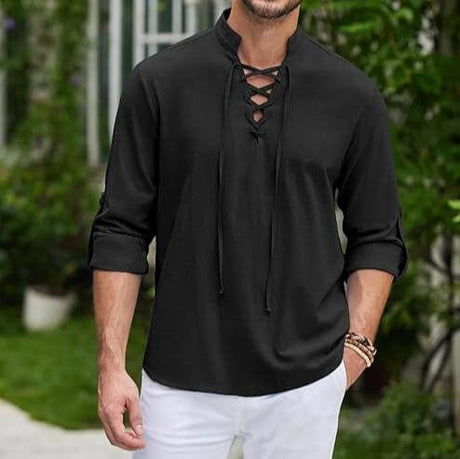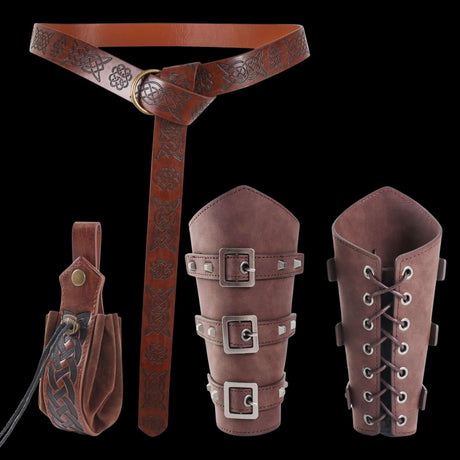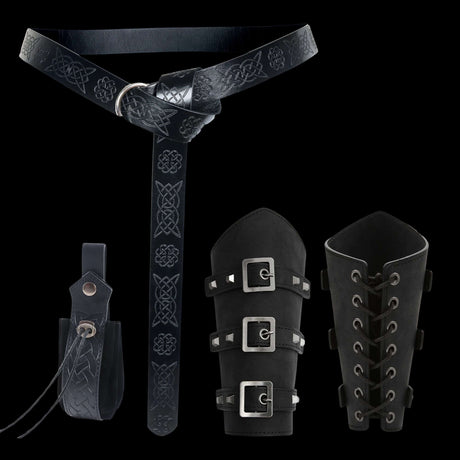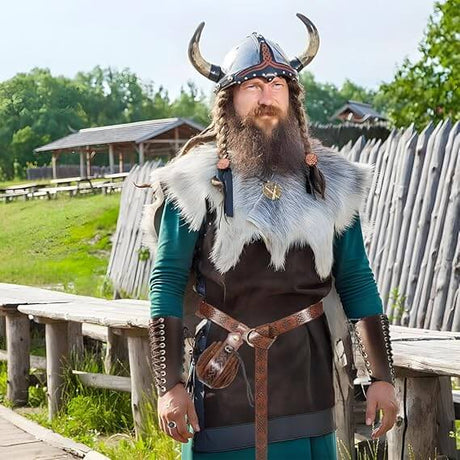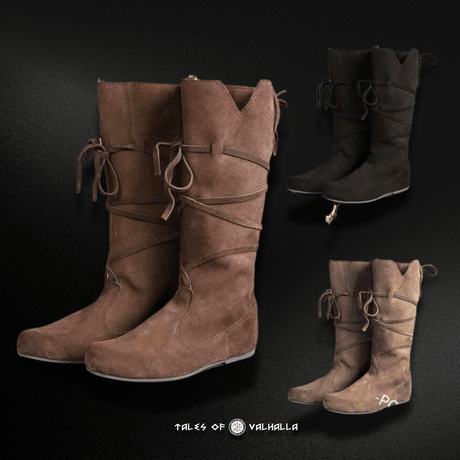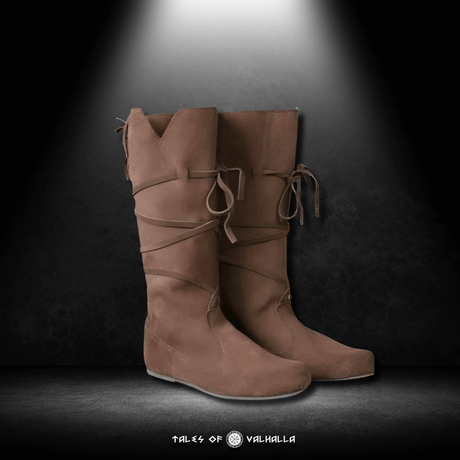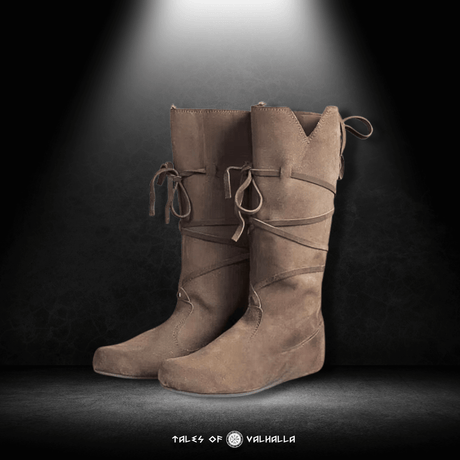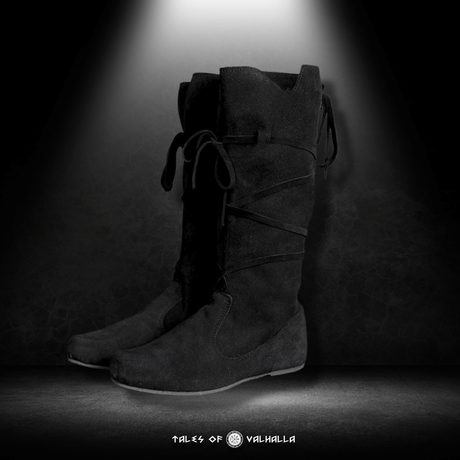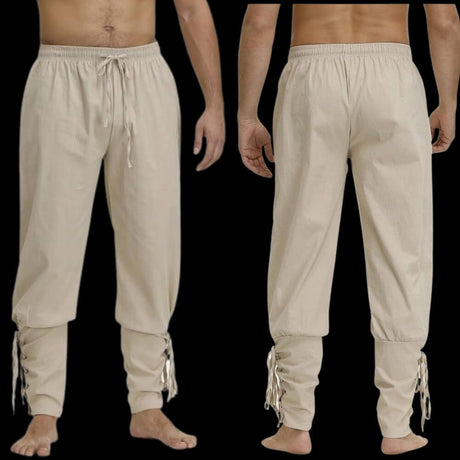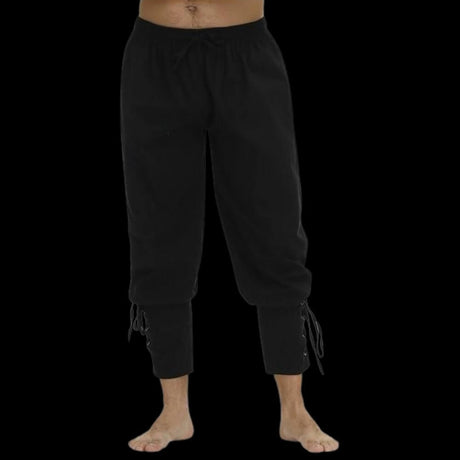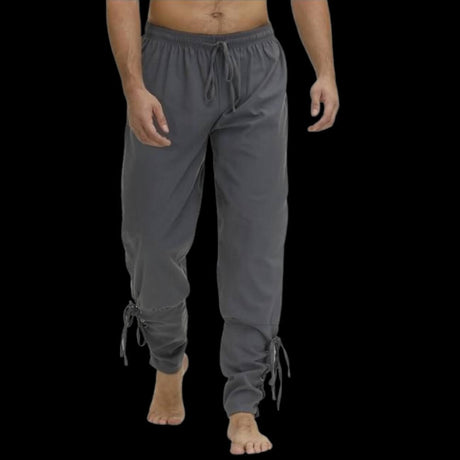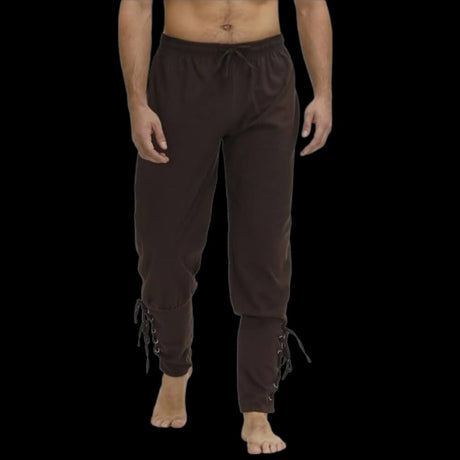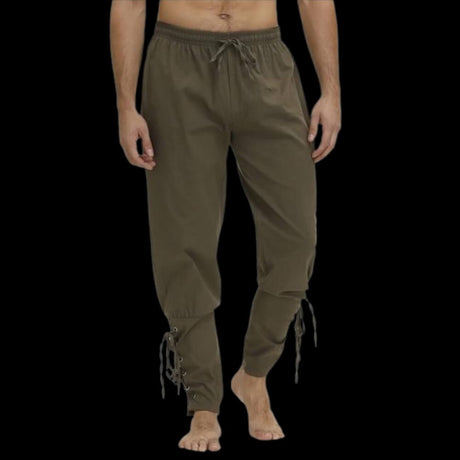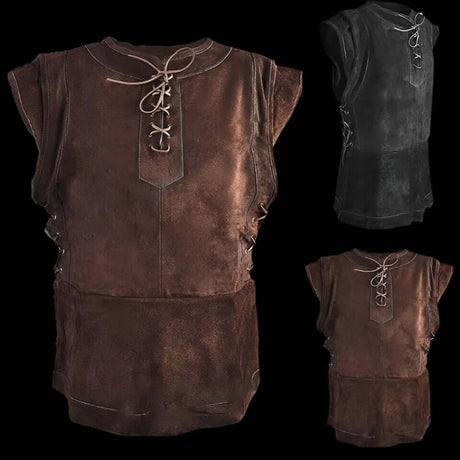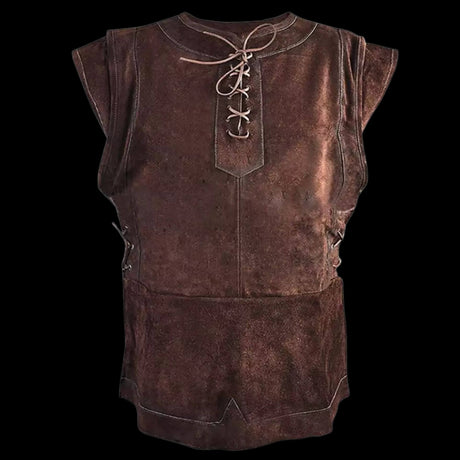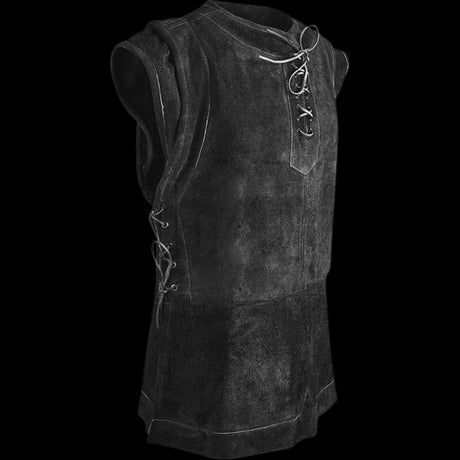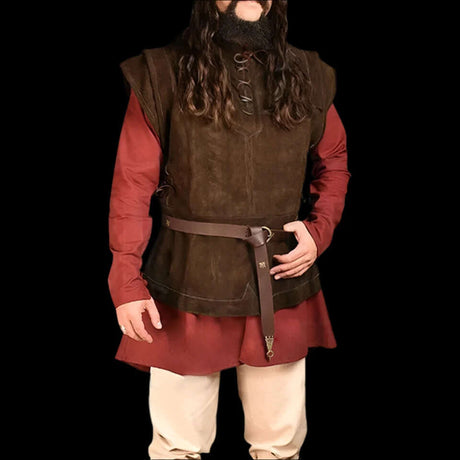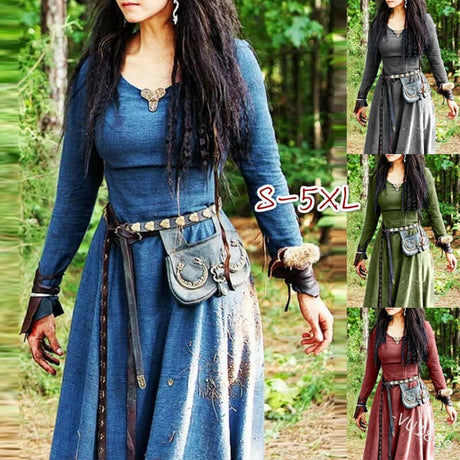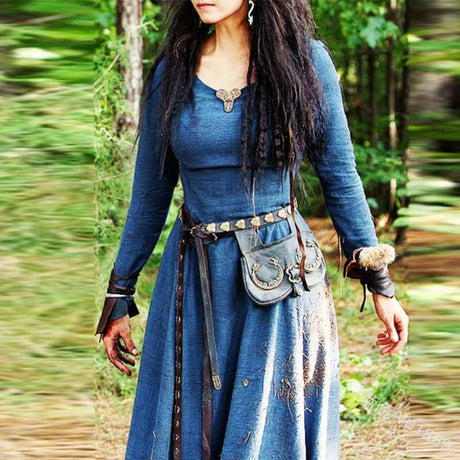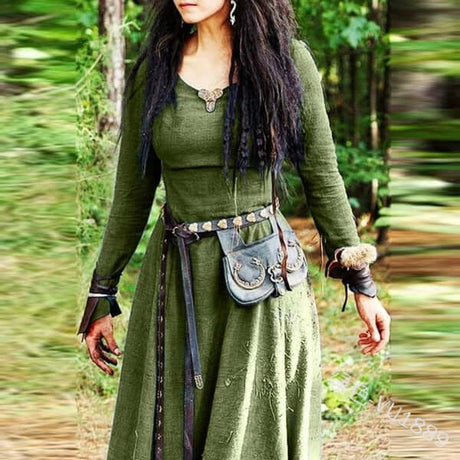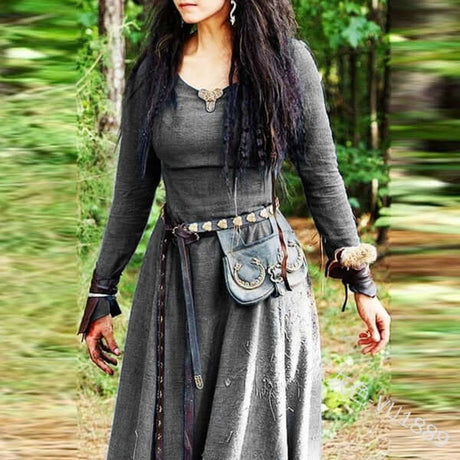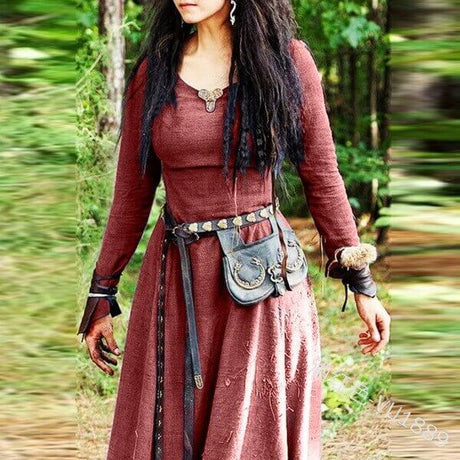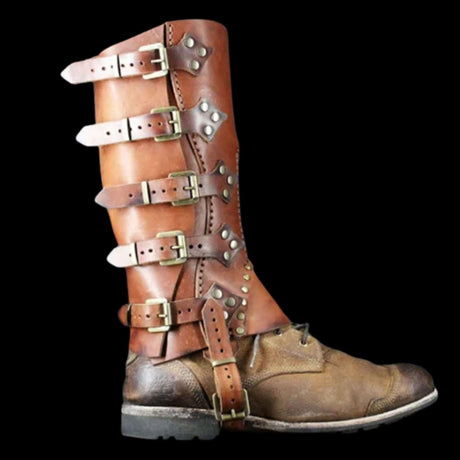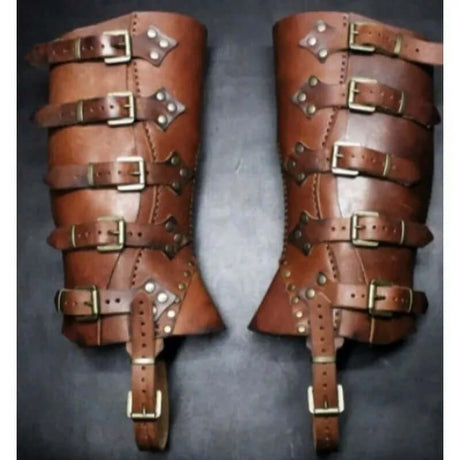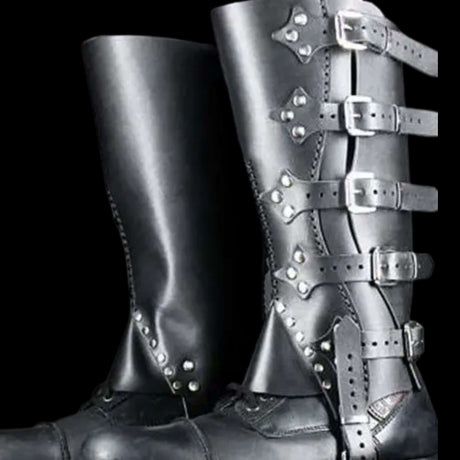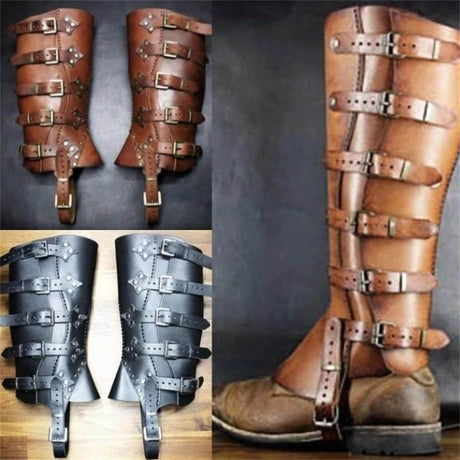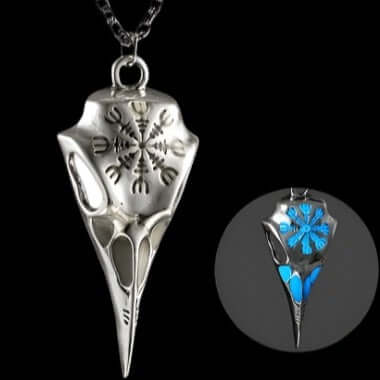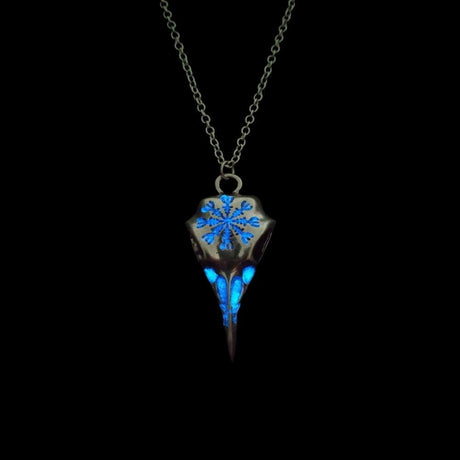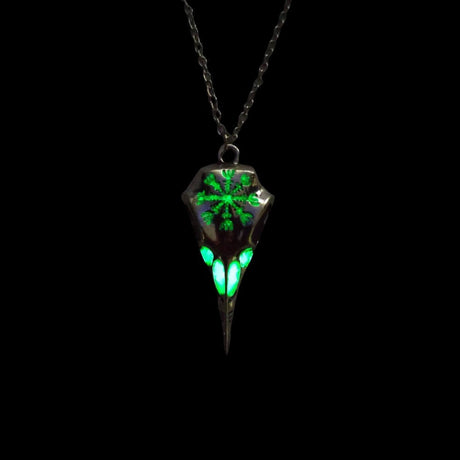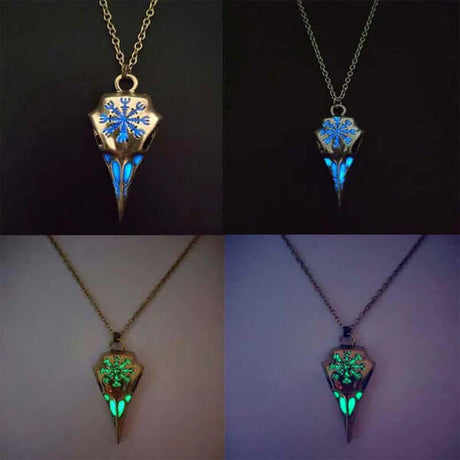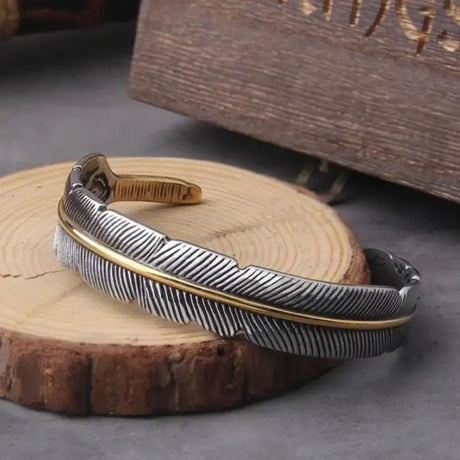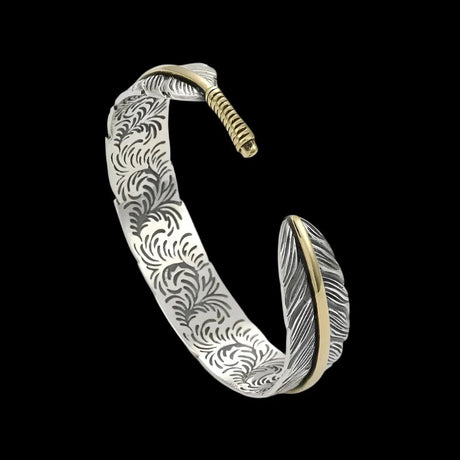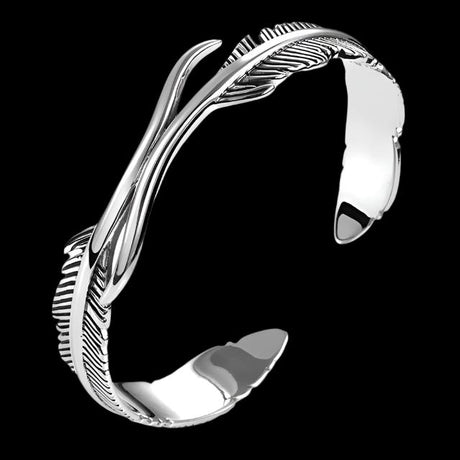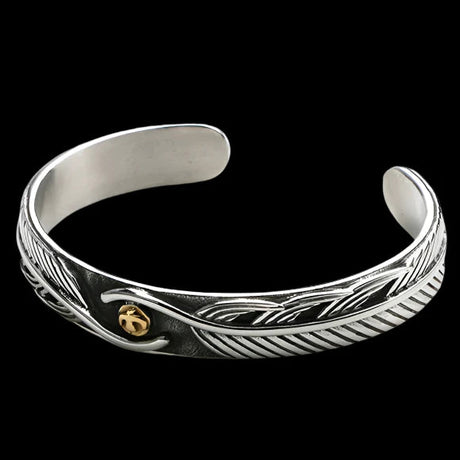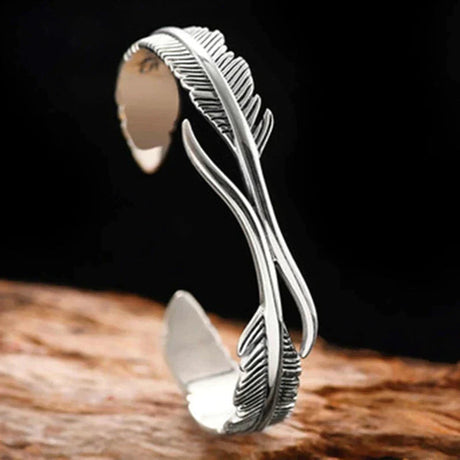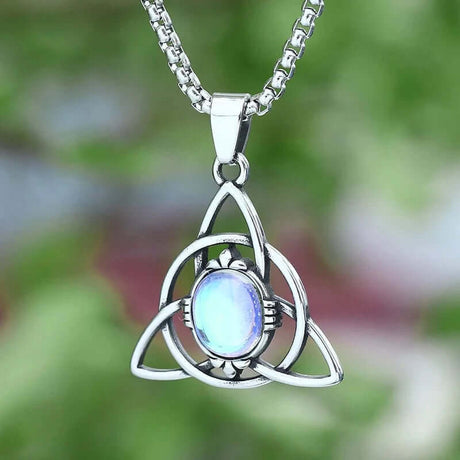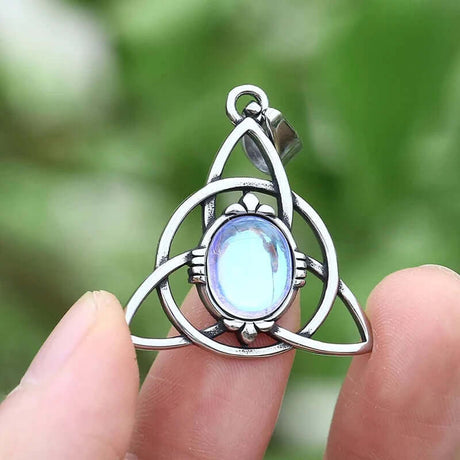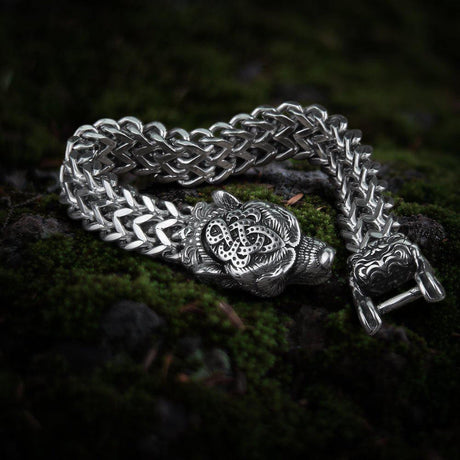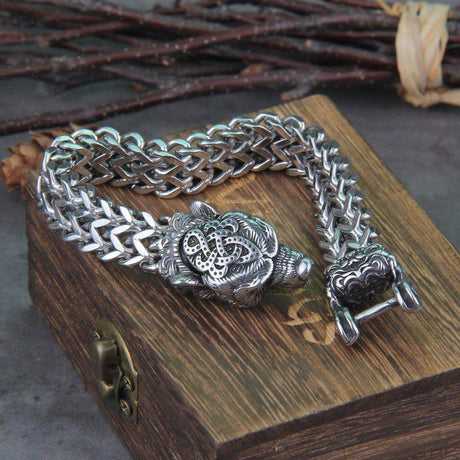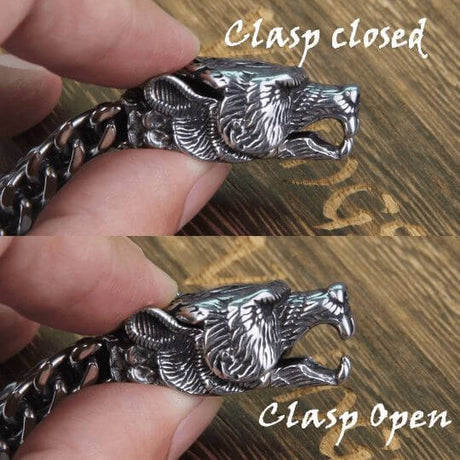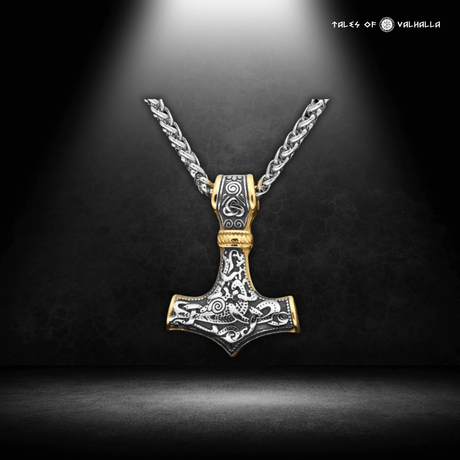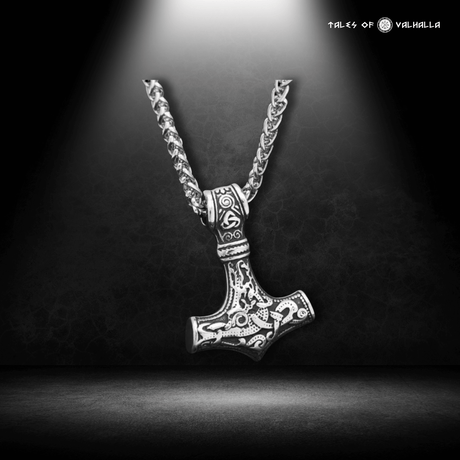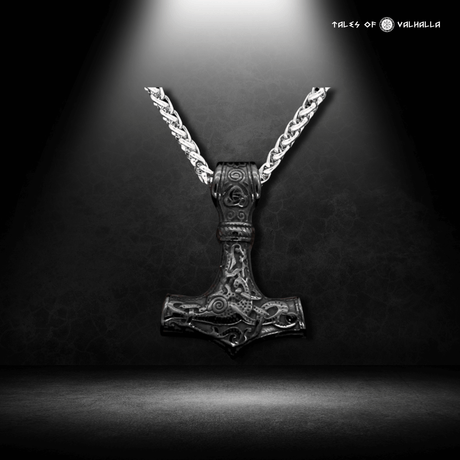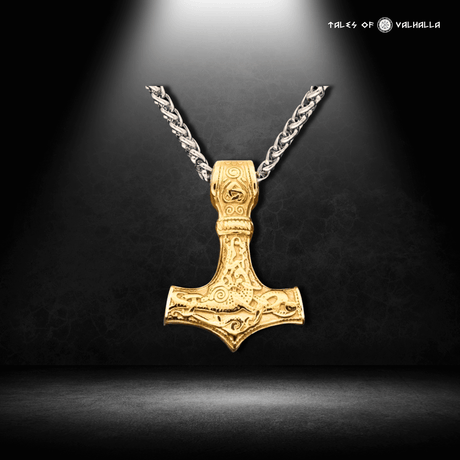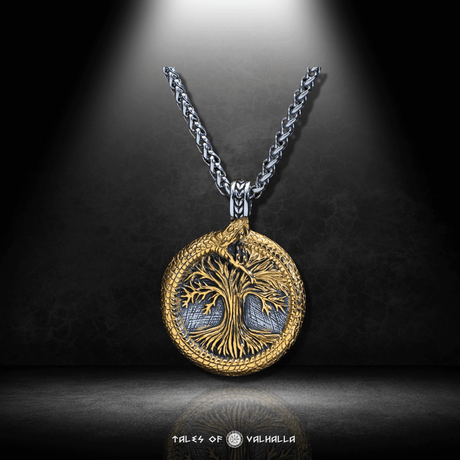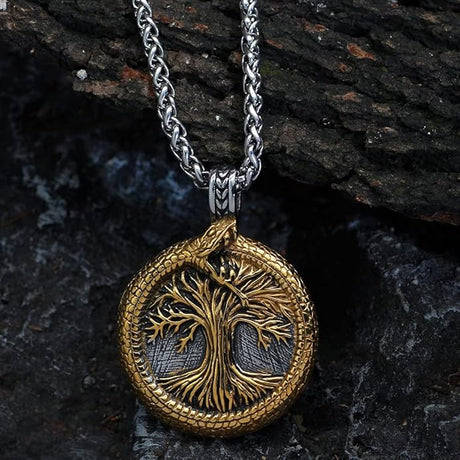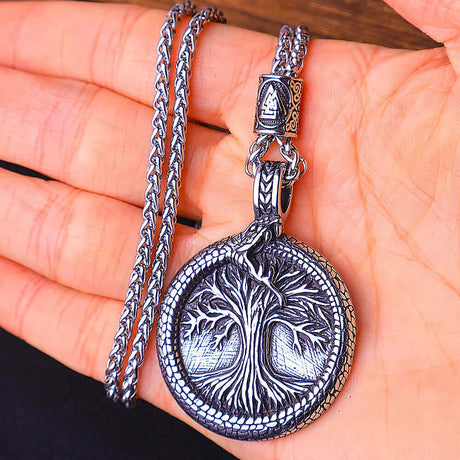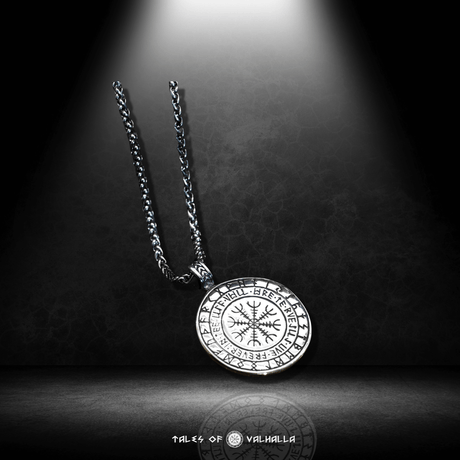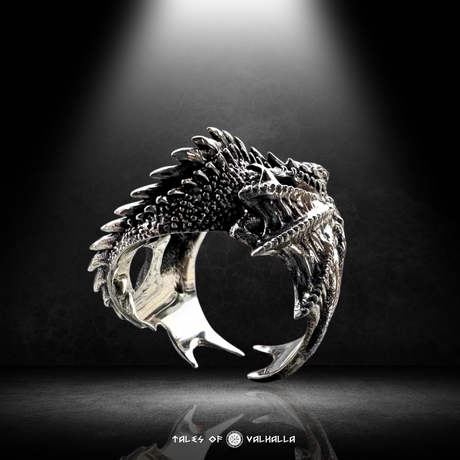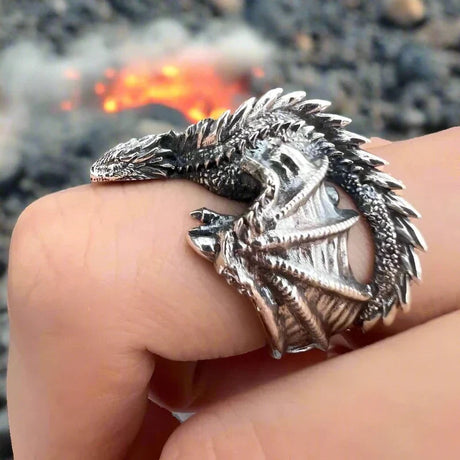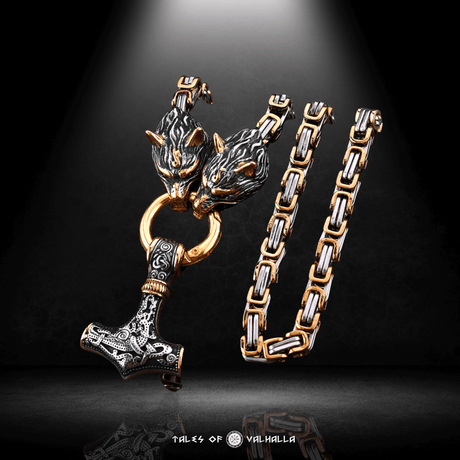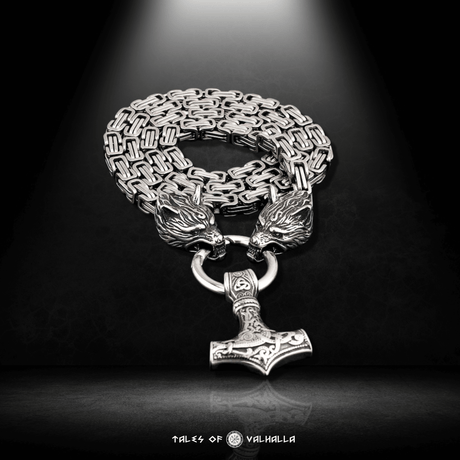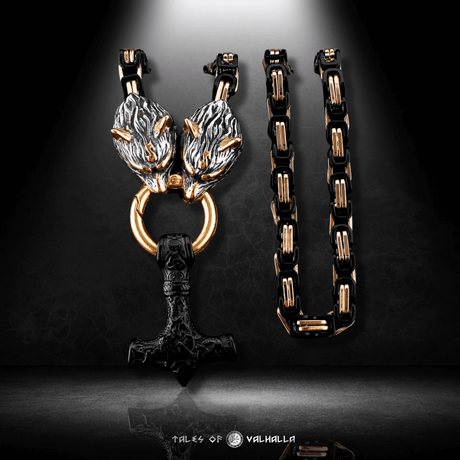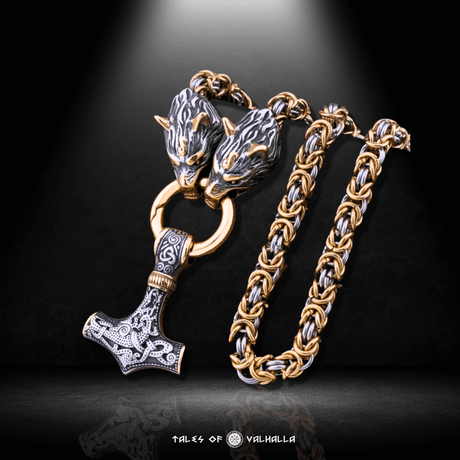There is a distinct shift happening in American maternity wards.
Listen closely, and amidst the soft sounds of lullabies, you will hear the echo of something ancient. You will hear names that carry the weight of iron, the chill of the North Sea, and the undeniable power of a storm.
We are witnessing a renaissance of Female Viking Names.
Gone are the days when parents solely looked to Victorian literature or biblical verses for inspiration. Today, American parents are searching for names that imbue their daughters with strength, agency, and resilience from the moment they take their first breath. They want names that don't just sound pretty—they want names that sound capable.
If you are reading this, you likely feel that pull. You are looking for a name that stands out on a resume but also fits on a shield. You want a moniker that honors a history of women who were not just wives, but weavers of fate, managers of land, and yes, occasionally warriors.
In this deep dive, we will explore 20 curated names from the Viking Age. We will separate the Hollywood fiction from the historical reality, analyze the linguistic roots, and help you find the perfect name for your modern-day shield-maiden.
Why We Are Drawn to the North
Before we get to the list, we have to ask: Why now?
The resurgence of Female Viking Names isn't just a coincidence. It is a cultural mirror.
The "Lagertha Effect"
We cannot ignore the impact of pop culture. The hit series Vikings introduced millions of Americans to Lagertha, a character who was fierce, loving, and equal to her male counterparts. She shattered the damsel-in-distress trope. Suddenly, names like Torvi and Helga weren't "old lady names"—they were symbols of survival.

Why We Are Drawn to the North
A Shift in Femininity
Sociologists suggest that naming trends reflect what we value. In the 1950s, names often emphasized grace and obedience. Today, the data shows a spike in names meaning "strength," "battle," and "protection."
Expert Insight:
"Parents today are moving away from 'ornamental' names. They want 'foundational' names. A name like Astrid feels like a spine; it supports the child. It tells the world that this girl is a force to be reckoned with." — Dr. Elena Holm, Cultural Anthropologist and Naming Consultant.
The Top Twelve: Female Viking Names for the Modern Girl
Here are the heavy hitters. These twelve names strike the perfect balance between historical authenticity and modern American accessibility. They are easy to spell, intuitive to pronounce, yet distinct enough to be unique.
1. Freya (FRAY-ah)
- The Meaning: "Lady" or "Noblewoman."
- The History: Freya is the superstar of Norse mythology. She is the goddess of love, beauty, and war (a complex combination). She rode a chariot pulled by cats and had first pick of the fallen warriors, even before Odin.
- Why it Works: It feels soft due to the "a" ending, but the history is pure power. It has skyrocketed into the US Top 100.
2. Astrid (AS-trid)
- The Meaning: "Divine Strength" or "Godly Beauty."
- The History: A classic royal name in Scandinavia. It has been borne by queens and princesses for a thousand years.
- The Vibe: Sophisticated, intelligent, and unshakeable. It’s the name of the girl who leads the debate team.
3. Sigrid (SIG-rid)
- The Meaning: "Beautiful Victory."
- The History: Sigrid the Haughty was a legendary Queen who famously refused to marry a king because he asked her to convert to Christianity. She told him, "I will not part from the faith of my forefathers."
- The Vibe: Stubborn in the best way possible. A name for a girl who knows her own mind.
4. Ingrid (ING-rid)
- The Meaning: "Ing is Beautiful" (Ing was a Norse god).
- The History: While associated with the glamorous Ingrid Bergman, its roots go back to the Viking age.
- The Vibe: Classic, vintage, and universally recognized.
5. Lagertha (La-GER-tha)
- The Meaning: Likely derived from Hlaðgerðr, meaning "Weaver of Protection" or "Lace enclosure."
- The History: According to legend, she was a shield-maiden who fought alongside Ragnar Lothbrok.
- The Vibe: This is a bold choice. It is arguably the most "Viking" sounding name on this list. It requires confidence to carry.
6. Brenna (BREN-ah)
- The Meaning: "Sword" or "Drop of Water" (debated etymology).
- The History: While Brenna has Celtic crossover, the Old Norse Brenda or Brandr (sword) roots place it firmly in the North.
- The Vibe: It sounds American and approachable, making it a "stealth" Viking name.
7. Thyra (TYE-rah)
- The Meaning: "Thunder Warrior" or "Thor’s Fight."
- The History: Queen Thyra of Denmark was known as "Denmark’s Adornment." She is credited with building the Danevirke, a massive defensive wall.
- The Vibe: Short, punchy, and cool. The "Th" sound connects it to the earth.
8. Ylva (IL-vah)
- The Meaning: "She-Wolf."
- The History: The female version of Ulf. Wolves were respected for their loyalty and ferocity.
- The Vibe: Short, mystic, and edgy. It fits the trend of 4-letter names like "Isla" or "Ayla" but has teeth.
9. Solveig (SOUL-vay)
- The Meaning: "Sun Strength" or "Daughter of the Sun."
- The History: A name that literally brings light. It is incredibly popular in Norway today.
- The Vibe: Radiant. Note that Americans might struggle with the pronunciation (it often looks like "Sol-vaig"), but the correct "Soul-vay" is beautiful.
10. Gunnhild (GUN-hild)
- The Meaning: "Battle-Battle." (Yes, literally. Gunnr means war, Hildr means battle).
- The History: Gunnhild Mother of Kings was a 10th-century queen rumored to be a witch because she was so politically astute.
- The Vibe: Intense. You don't name a girl Gunnhild if you want her to sit quietly in the corner.
11. Torvi (TOR-vee)
- The Meaning: "Thunder" (Related to Thor).
- The History: Another name popularized by modern media, but rooted in ancient tradition.
- The Vibe: Plucky, resilient, and modern. It sounds like a startup founder or an adventurer.
12. Runa (ROO-nah)
- The Meaning: "Secret Lore" or "Whisper."
- The History: Related to the Runes, the magical alphabet of the Vikings.
- The Vibe: Mysterious and academic. It suggests a keeper of knowledge.
Statistical Breakdown: The Attributes of the Names
To help you visualize the "feel" of these names, we have categorized them based on their etymological roots. This table highlights what attribute you are bestowing upon the child.
| Name | Core Element | Dominant Trait | Modern Usability (1-10) |
| Freya | The Divine | Love / Leadership | 10 (Very High) |
| Astrid | The Divine | Strength | 9 (High) |
| Sigrid | Victory | Success | 6 (Moderate) |
| Ylva | Nature (Wolf) | Wildness | 4 (Unique) |
| Thyra | War (Thor) | Protection | 5 (Moderate) |
| Gunnhild | War | Aggression/Power | 2 (Rare/Bold) |
| Solveig | Nature (Sun) | Hope / Light | 5 (Moderate) |
Eight "Deep Cuts" for the Unique Soul
Perhaps the top twelve are too mainstream for you. You want a name that no other child on the playground will have. Here are eight Female Viking Names that are authentic, rare, and deeply meaningful.
- Eir (Ay-er): The Goddess of Healing. It is short, airy, and perfect for a family in the medical or caregiving fields.
- Saga (SAH-gah): Meaning "Story" or "Seeress." A name for a writer or a girl destined to live an epic life.
- Embla (EM-blah): The Viking "Eve." According to myth, Embla was the first woman, crafted by the gods from an Elm tree.
- Idunn (EE-dun): The keeper of the apples of immortality. It means "The Rejuvenating One."
- Nanna (NAN-nah): Meaning "Daring" or "Brave." (Note: In the US, this conflicts with the nickname for Grandmother, so proceed with caution).
- Siv (SEEV): The wife of Thor. It means "Bride" or "Kin." A simple, one-syllable powerhouse.
- Randvi (RAND-vee): Meaning "Shield Island" or "Shield Warrior."
- Hilda (HIL-dah): Meaning "Battle." It was often a suffix (Brunhilda), but works beautifully as a standalone name.
Myth vs. Fact: The Role of Women in Viking Society
When we choose Female Viking Names, we are often buying into a fantasy. But the reality is just as compelling.
The Myth of the Constant Warrior
There is a misconception that every Viking woman was running around with a broadsword.
The Reality: Most Viking women were the CEOs of the homestead. When the men went raiding for months or years, the women ran the farms, managed the trade, disciplined the thralls, and handled the finances. They held the keys—literally. The symbol of the Viking housewife was a set of bronze keys worn at her belt, symbolizing her absolute authority over the household's resources.

Myth vs. Fact: The Role of Women in Viking Society
The Birka Warrior
However, the "Shield-Maiden" wasn't just a myth.
In 1878, a grave was found in Birka, Sweden, filled with weapons and two horses. For a century, historians assumed the skeleton was male because of the gear.
The Twist: In 2017, DNA analysis proved the warrior was female. She wasn't just a fighter; she was a high-ranking strategist.
This discovery validates the strength behind these names. When you name your daughter Thyra or Sigrid, you aren't naming her after a fantasy character—you are naming her after a historical reality of female power.
Naming Customs and Pronunciation Challenges
Adopting a name from a different culture and time period comes with logistical hurdles.
The "J" and "R" Factor
Old Norse is a guttural, rhythmic language.
- The Rolling R: Many of these names (like Astrid or Sigrid) traditionally use a tapped or rolled "R." In the American accent, this flattens out.
- The J: In names like Freja (the traditional spelling of Freya), the J is pronounced like a Y. If you want to avoid a lifetime of correcting teachers, the Americanized spelling (Freya) is the safer bet.
Patronymics
Vikings didn't have surnames like "Smith" or "Johnson." They used a patronymic (father-based) or sometimes matronymic (mother-based) system.
If Bjorn had a daughter named Astrid, she was Astrid Bjornsdóttir (Bjorn's Daughter).
-
Modern Application: You can honor this tradition by using a family name as a middle name. "Astrid Jameson" loosely translates the tradition of "James's daughter" into a modern format.
The Future: Where is this Trend Going?
As an expert in SEO and trends, I can look at the search volume and tell you where this is heading.
We are moving toward "Soft Strength."
The ultra-aggressive names like Gunnhild will likely remain niche. However, names that connect to nature and the cosmos—Saga, Runa, Eir, Ylva—are poised to explode.
We are also seeing a trend of "Viking Minimalism." American parents are loving short, two-syllable names that end in vowels. Torvi, Ylva, and Freya fit this perfectly. They are easy to shout across a playground, easy to sign on a document, and impossible to forget.
Counter-Perspective: The "Trendiness" Trap
Is it a mistake to jump on this bandwagon?
There is a risk that Freya will become the "Jennifer" of the 2020s. If uniqueness is your primary goal, you might want to skip the Top 5 and dig into the "Deep Cuts" list we provided above. However, unlike fleeting pop-culture names (like "Khaleesi," which aged poorly), Female Viking Names have 1,000 years of staying power. They aren't going to sound "dated" in ten years; they are already dated—to 800 AD. That is their advantage.
Conclusion: Your Daughter, The Legend
Naming a child is an act of hope.
When you look at that small, fragile bundle, you aren't just seeing a baby. You are seeing a future woman who will have to navigate a complex, often difficult world.
By choosing one of these Female Viking Names, you are giving her a head start. You are giving her a name that has survived ice ages, plagues, and wars. You are giving her a name that means "Victory," "Strength," "Wisdom," or "Light."
You are whispering to her: You come from a line of survivors. You are strong enough.
Whether you choose the regal Astrid, the fierce Lagertha, or the mystical Runa, know that you are reviving a legacy of female power that the world almost forgot.
So, go ahead. Choose a name that roars.
Key Takeaways for Parents
- Freya and Astrid are the most accessible and popular choices for American families.
- Look for names with "soft strength"—warrior meanings disguised in melodic sounds (e.g., Solveig).
- Don't fear the history; the archaeological evidence supports the existence of powerful Viking women.
- Consider spelling: Anglicized versions (Freya vs. Freyja) save administrative headaches later in life.
- These names are not just labels; they are stories waiting to be retold by your daughter.
(Author's Note: While meanings are derived from Old Norse etymology, ancient languages often have fluid interpretations. The "feel" of the name is just as important as the literal translation.)










